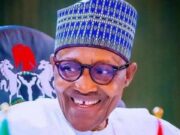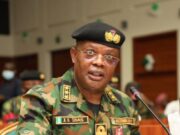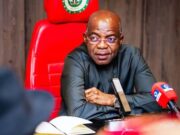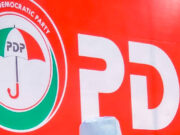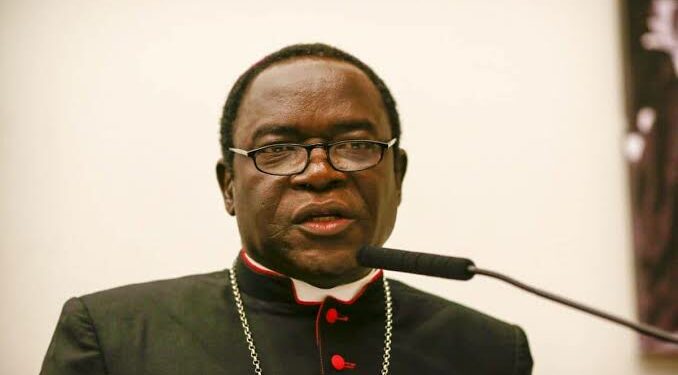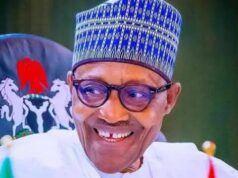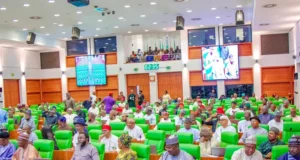The Catholic Bishop of Sokoto Diocese, Matthew Kukah, has blamed Nigeria’s lack of significant progress since independence on the country’s continued choice of “darkness over light.”
In his Christmas message delivered at the Holy Family Cathedral Catholic Church in Sokoto on Tuesday night, Bishop Kukah stressed that embracing transparency, accountability, and integrity in all areas of public service, politics, and personal conduct could bring about meaningful change for Nigeria.
“Nigeria’s failure to achieve visible progress is due to our preference for darkness over light,” Kukah said.
“Imagine what our country would look like if we allowed light to guide our public service, politics, communities, and national institutions. If we chose light instead of darkness, the difference would be extraordinary.”
The bishop urged Nigerians to follow the principles expressed in the Christian hymn, “They will know we are Christians by our love,” emphasizing that the country’s journey towards greatness continues to be hindered by deep-rooted ethnicity, nepotism, and greed.
Kukah also expressed his concerns about the influence of ethnicity and religion in accessing opportunities, which often overshadows the concept of national unity and common citizenship.
He warned that this exclusionary mindset drives many Nigerians towards frustration and violence, further damaging social cohesion.
“We still struggle to live by the ideals expressed in our national anthem: ‘Though tribe and tongue may differ, in brotherhood we stand.’ Diversity should be seen as a gift from God, one that can be used to unite and strengthen our nation,” he said.
While acknowledging the positive impact of the Not Too Young to Run Bill passed in 2018, which has encouraged more youth participation in politics, Kukah noted the challenges that remain, such as the high cost of political involvement and issues of internal democracy, which still prevent many young Nigerians from fully engaging in the political process.
Kukah also praised the recent enactment of the Student Loan Act of 2024 and the establishment of the Nigerian Education Loan Fund by the federal government.
These initiatives, he said, could expand opportunities for young Nigerians, especially those pursuing vocational and technical education.
“It’s significant that the Act covers not only university students but also those pursuing other forms of education. We hope that this initiative will avoid bureaucratic delays and favoritism, ensuring that poverty does not prevent anyone from accessing a quality education,” Kukah added.
However, the bishop expressed concern about the persistent security challenges in Nigeria, which he described as a constant threat to the nation’s stability.
He called on Nigerians to choose the path of unity, love, and light, as these values are essential for the country’s progress and development.


